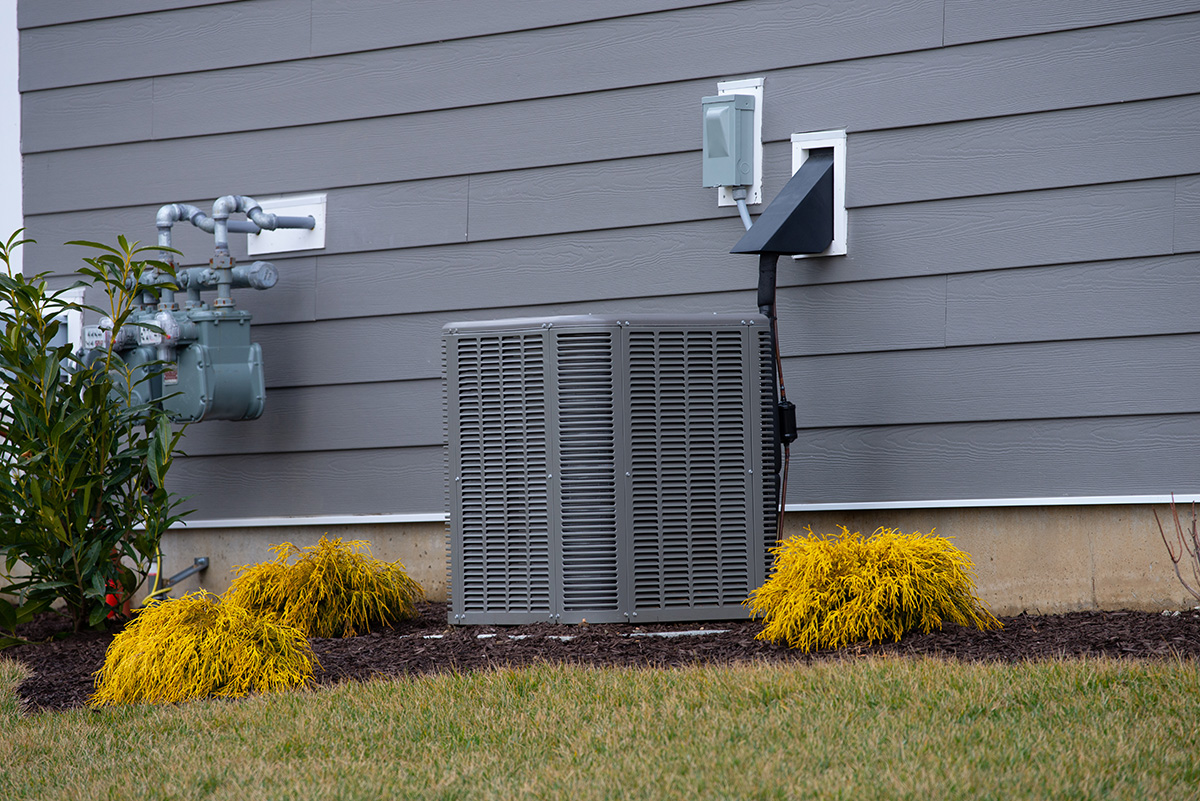North Central Florida’s winter months seem mild compared to the frigid northern states. Although in terms of HVAC risks, daily temperature fluctuations could cause wear and tear.
On a winter day, Floridians could see outdoor temperatures jump from the 40s to the 70s. Hour by hour, the HVAC systems at our homes and businesses may make drastic shifts from heating to cooling to keep you comfortable.
Whether you live or work in The Villages or Ocala, our local residential and commercial service experts at United Refrigeration, Heating and Air know how to help you avoid HVAC risks.
Optimizing Operations and HVAC System Upkeep
A professional cleaning followed by a scheduled maintenance program is the best solution for optimizing operations and protecting your HVAC systems. There are other things, however, you can be doing to prevent wear and tear.
For example, flip on the exhaust fans in the kitchen and bath to reduce steam and humidity from affecting your HVAC operations. You can also support HVAC system upkeep by maintaining clean air filters to prevent dirt, allergens, and particles from damaging your system. It seems simple, but reduced humidity and filtered air are powerful ways to avoid HVAC risks.
Easy Solutions for Your Heating and Cooling Needs
Additionally, a great way to prevent HVAC wear and tear during fluctuating temperatures is to allow your system to take a break. This could be as easy as turning on your ceiling fan to cool a room when temperatures are mild in North Central Florida.
Another solution is insultation. Insulating certain areas and ensuring there is a tight seal on doors and windows could go a long way in maintaining proper temperatures.
Also, when deemed useful on mild days, you may consider opening a window to enjoy a cool breeze for a few minutes instead of forcing the air conditioner to kick on unnecessarily.
On the flipside, if you just need a bit of warmth in a small area, consider a space heater. Be sure to follow proper safety protocols when operating supplemental heat sources. Altogether, a combination of easy solutions could also help you save money on electricity costs.
Monitoring Thermostats and Setting Temperatures
Finally, try setting your thermostat to the manufacturer’s suggested settings for efficiency. If you do not have the manual, contact United’s team for expert advice. Generally, during Florida’s winter months, systems tend to operate well when heating is set between 65 and 70 degrees.
Whether the weather is hot or cold, a programmable thermostat with smart features is also quite useful in optimizing operations. United’s technicians can help you install smart thermostats and adjust your temperature settings for system longevity and optimized comfort.
Call United Refrigeration, Heating and Air today at 352-629-1187 to speak with one of our professionals about your options for maintaining, repairing, or upgrading your HVAC systems.

